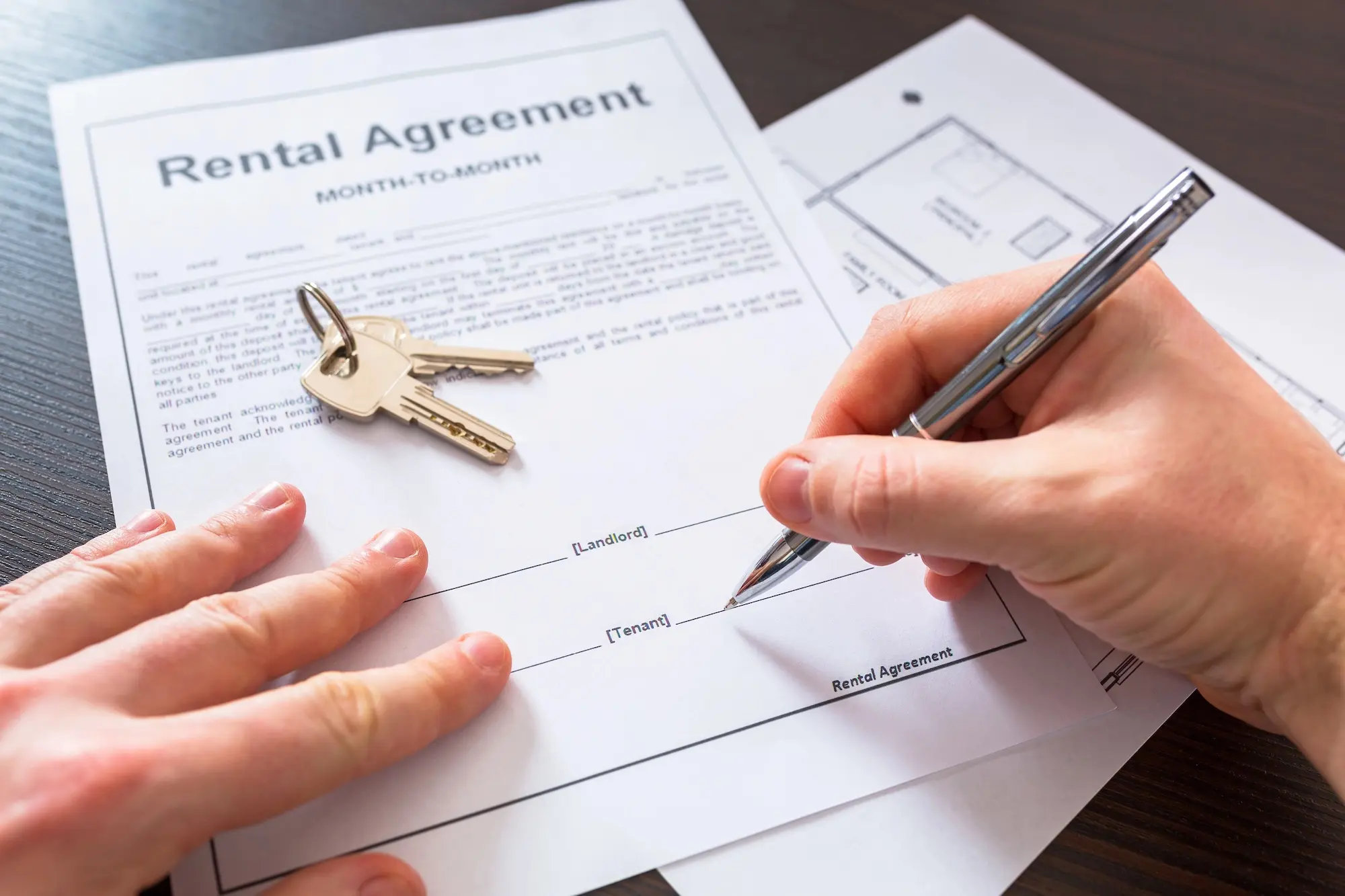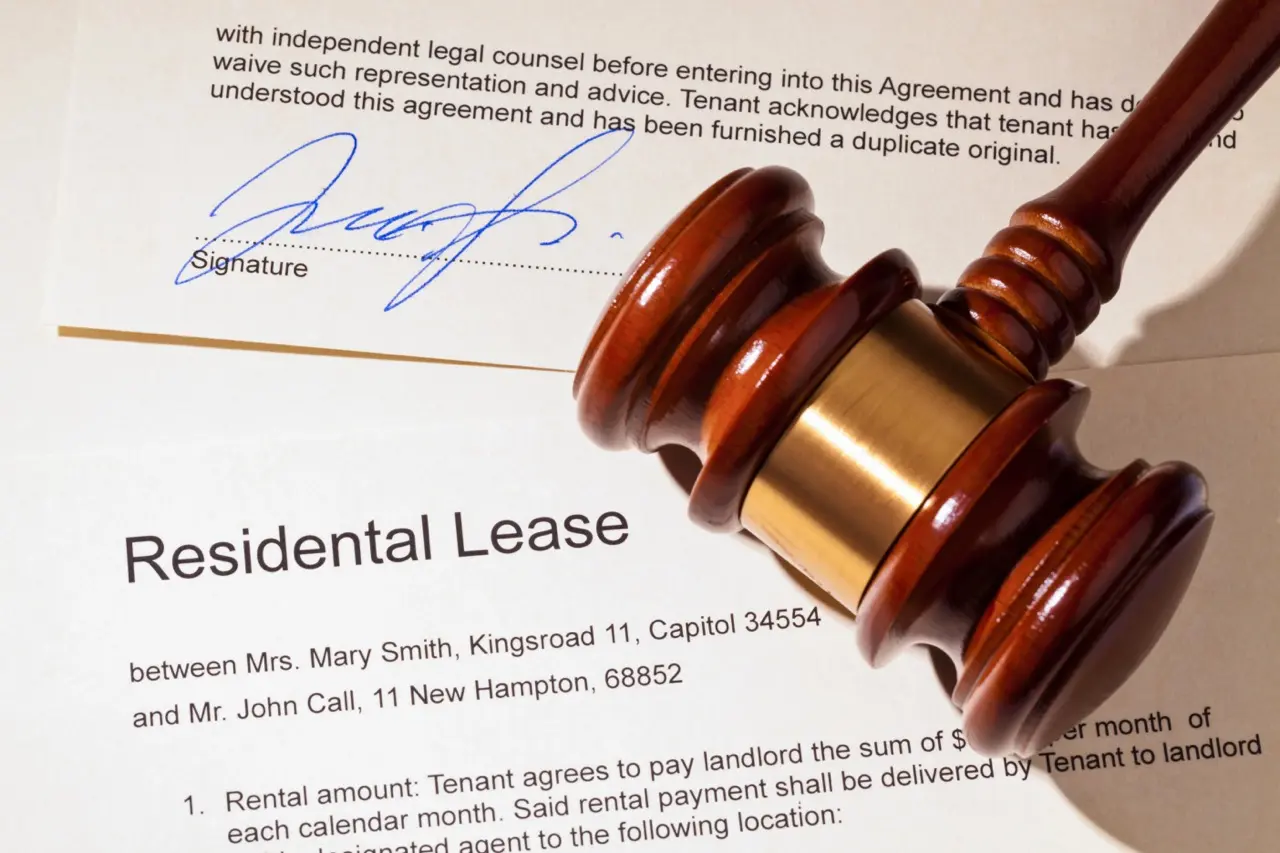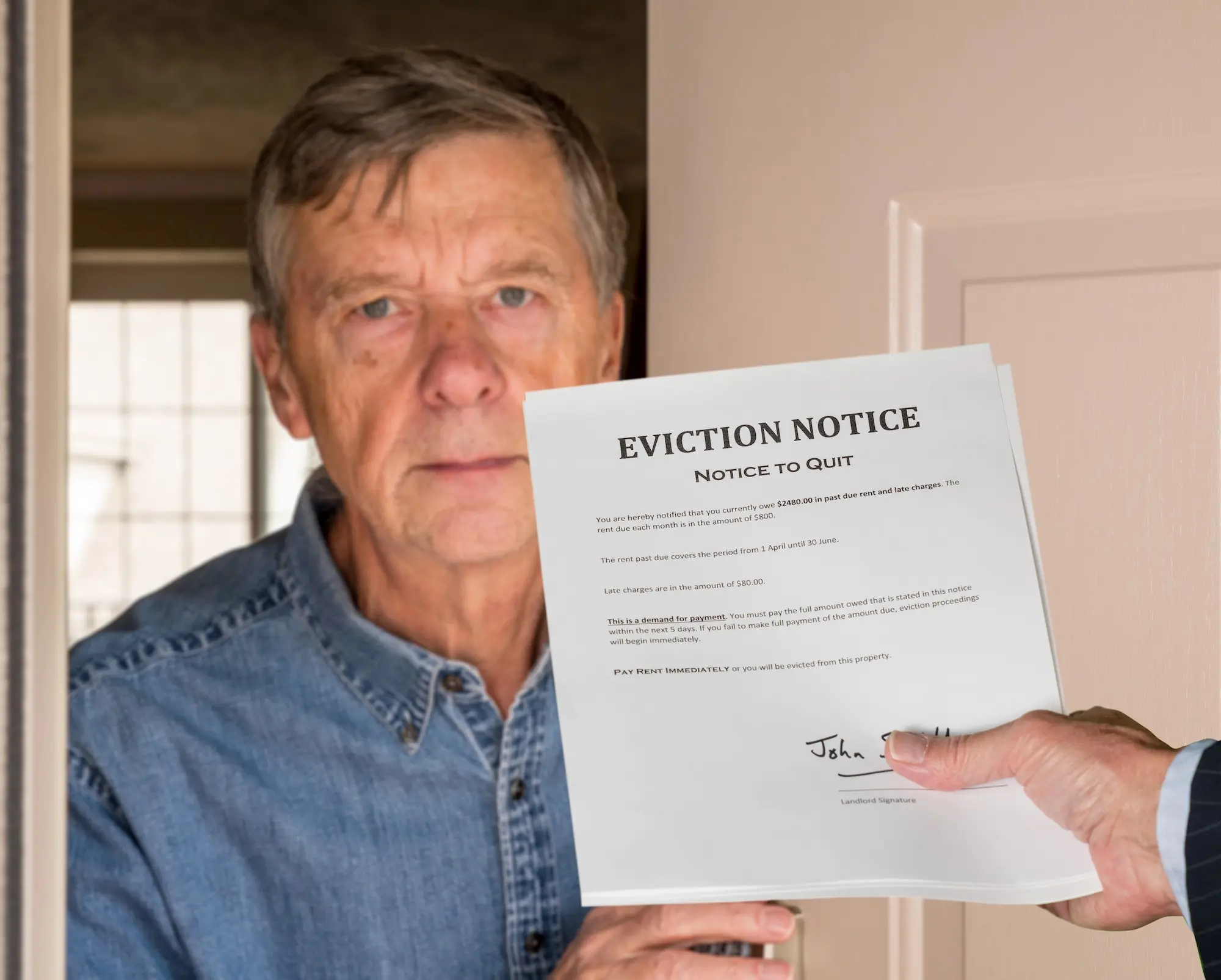One missed clause in your lease could drain your wallet or even evict you. Signing a lease without fully understanding it is like signing a blank check. You're on the hook for whatever it says. You don't need a law degree to protect yourself. Too many renters skip the fine print and later discover surprise fees, strict rules, or a lost security deposit.
Key Takeaways
- Read every clause and get a copy because if it's not in writing, it doesn't exist.
- Check your exit options or pay rent and penalties until the unit is re-rented.
- Hunt for hidden fees beyond the rent that can quietly drain hundreds from your budget.
- Document everything at move-in to guard your deposit from bogus damage charges.
- Reject any clause that strips away your legal rights or shifts all responsibility to you.
Know Your Exit Options (Breaking or Ending the Lease)
You're typically on the hook for the entire term when you sign a lease. If you need to leave early, check for any built-in exit. Some leases have an early termination clause allowing you to pay a fee (like two months' rent) to break the lease. If not, you might be stuck paying rent until the landlord re-rents the place.
See if subletting is an option. If your lease allows it, you could find someone to take over your lease with the landlord's approval. That can save you from paying double rent in a pinch. Always get the landlord's permission for any new tenant in writing to avoid violating the lease.
Most leases require you to give written notice, often 30 or 60 days, before you move out at the lease end. If you fail to give notice, the lease might auto-renew, or you could lose part of your deposit. Mark your notice deadline on your calendar as soon as you sign.
- Early termination: If your lease has a clause that lets you end it early for a fee, note the terms (e.g., two months' rent).
- Subletting: If allowed, you might transfer the lease to a new tenant (with landlord approval).
- Notice period: Know how much notice you must give before moving out (30 days is standard, but some leases require 60).
Pro tip: If you suspect you'll need to break the lease early, negotiate that upfront. Ask about a shorter lease term or an early exit option. It's much harder to get leniency after you've signed.
Uncover All Hidden Fees and Costs
The monthly rent is just one part of the financial puzzle. Scrutinize your lease for all extra charges. Common ones include move-in fees, pet fees, parking fees, and utilities not included in rent. These should be clearly listed. If you spot vague terms like "additional charges may apply," demand specifics or strike it out.
Pay special attention to late fees. The lease should state the cost of late rent and any grace period. Late fees of around 5% of rent are typical. Anything excessive (above 10% or a hefty flat fee with no grace period) is a red flag.
Watch for modern "junk fees," such as a mandatory online payment portal charge. If a charge seems vague, ask precisely what it covers and why it's there.
If you negotiated any deal with the landlord (like waiving a pet fee or including a parking space for free), ensure the lease reflects it. Verbal promises don't count. You could be held to the original terms if they are not written in the lease.
- Deposit & fees: Verify your security deposit amount and any non-refundable fees. Know the conditions for getting your deposit back.
- Utilities: Check which utilities you pay for versus what the landlord covers.
- Late fees: Note the late fee amount and grace period. Make sure it's reasonable, not punitive.
- Pet/parking: Note any pet rent, pet deposit, or parking charges that will add to your monthly cost.
Pro tip: Calculate your actual monthly cost before signing: rent + average utilities + fees. You might find an "affordable" rent isn't so affordable once you add everything up.
Set Maintenance Responsibilities Straight
Make sure your lease clearly states who handles maintenance and repairs. Landlords are generally responsible for keeping the place habitable (heat, water, electricity, etc.). Tenants must keep things clean and do minor upkeep (like changing light bulbs or AC filters). Be wary of any clause that makes you responsible for all maintenance. If you see "tenant accepts property as-is" or similar, that's a red flag.
Know how to report repair needs. Most leases specify a process (portal, email, or written notice). Follow that so there's a record of your request. Always report problems promptly and in writing. If your lease says the landlord will address issues within a specific time (say 14 days for non-emergencies), note that it gives you recourse if they drag their feet.
Check for a landlord entry clause as well. Your landlord typically must give you advance notice (commonly 24 hours) before entering for repairs or inspections. They can't just show up without notice unless there's an emergency.
- Landlord's duties: Major repairs and essential services (e.g., fixing heat and plumbing).
- Your duties: Minor upkeep (keeping the place clean, replacing light bulbs) and prompt reporting of issues.
- Reporting: Use the lease's required method to request repairs and keep a copy (email, text) as proof.
- Entry notice: Landlord must give proper notice (typically ~24 hours) before entry, except in emergencies.
Protect Your Security Deposit from the Start
Your security deposit is a chunk of your money. Protect it. Before moving in, document the unit's condition thoroughly. Fill out any move-in checklist and take timestamped photos of every room. If the landlord doesn't provide a checklist, email them your list of pre-existing issues. This prevents you from being blamed for damage that was already there.
Normal "wear and tear" (faded paint, small nail holes) cannot be charged against your deposit. Only actual damage or extreme filth can justify deductions.
When moving out, follow the lease's instructions in the letter. Give the required notice, and do whatever cleaning the lease specifies (e.g., professional carpet cleaning or filling nail holes). Take photos after you've cleaned and moved out as evidence of the condition you left.
Know the timeline for deposit return. Many states require landlords to return the deposit (minus itemized deductions) within a few weeks (often 14-30 days) of move-out. Your lease might state the exact timeframe. If that time passes and you get no refund or explanation, send a polite written reminder.
- Move-in proof: Note and photograph pre-existing damage at move-in and share it with the landlord.
- Wear vs. damage: You won't be charged for everyday wear - only for damage or mess beyond that.
- Move-out prep: Follow any cleaning/repair rules in the lease. Leave the unit in good condition (empty and cleaned).
- Return timeline: Know how soon the landlord must return your deposit (often within 2-4 weeks).
Pro tip: When you turn in your keys, give your landlord your forwarding address in writing. They need it to send your deposit, which also starts the clock on the deposit return period in many states.
Spot Red Flags in the Fine Print
Not every lease clause is fair (or even legal). Be on the lookout for terms that seem overly one-sided or sketchy. Here are some common red flags:
- Changing terms mid-lease: A clause allowing the landlord to raise rent or alter terms during your lease is not okay. Once signed, the core terms shouldn't change until renewal.
- Waiving your rights: You shouldn't have to waive fundamental rights. For example, a clause saying the landlord isn't responsible for any repairs is usually unenforceable. Similarly, provisions that say you can't sue the landlord are generally invalid.
- Excessive penalties: Be wary of extreme penalty clauses. If you see daily fines for minor violations or a rule that if you break the lease, you owe all remaining rent immediately, that's not reasonable. Landlords can charge for actual losses but can't impose arbitrary punishments.
- Overreaching rules: Some clauses go too far (e.g., "no visitors ever" or "no overnight guests at all"). Landlords can set regulations but can't ban you from having friends or family over.
If you spot a problematic clause, talk to the landlord about it. Ask if it can be removed or changed. Don't accept "Oh, we never enforce that" as an answer. If it's in the lease, assume it could be enforced. If the landlord won't budge on an unfair term, it might be better to walk away.
Don't Sign Until Everything Is Crystal Clear
Remember: nothing is final until you sign. You have the right to understand and question every term. If something is confusing, ask the landlord to explain it plainly. Ensure you also appreciate all the day-to-day rules (pet policies, guest limits, etc.). If anything looks hard to live with, address it now.
Don't rush the process. A good landlord will let you take the lease home and read it thoroughly before signing. If someone pressures you to "just sign" without a full review, that's a red flag. Take your time.
Double-check that all blanks are filled in correctly and that any changes you negotiated are written into the lease (with both parties initialing them). If they're not in the document, assume they don't exist. Once everything looks right, sign the lease and get a copy for yourself.
Pro tip: If a specific clause makes you uncomfortable and the landlord won't compromise, remember you can walk away. It's better to keep looking than be stuck under problematic terms for a year.
Conclusion
Your lease is more than fine print. It's the blueprint for your rental life. By taking the time to decode it now, you're investing in a smooth, drama-free tenancy. You'll know exactly what you're responsible for, what your landlord must do, and how to handle issues if they arise.
Doing this homework also sets a positive tone with your landlord. It shows you're diligent about meeting your obligations and expect fairness. The small effort you spend upfront can save you from massive headaches and surprise costs down the road.










